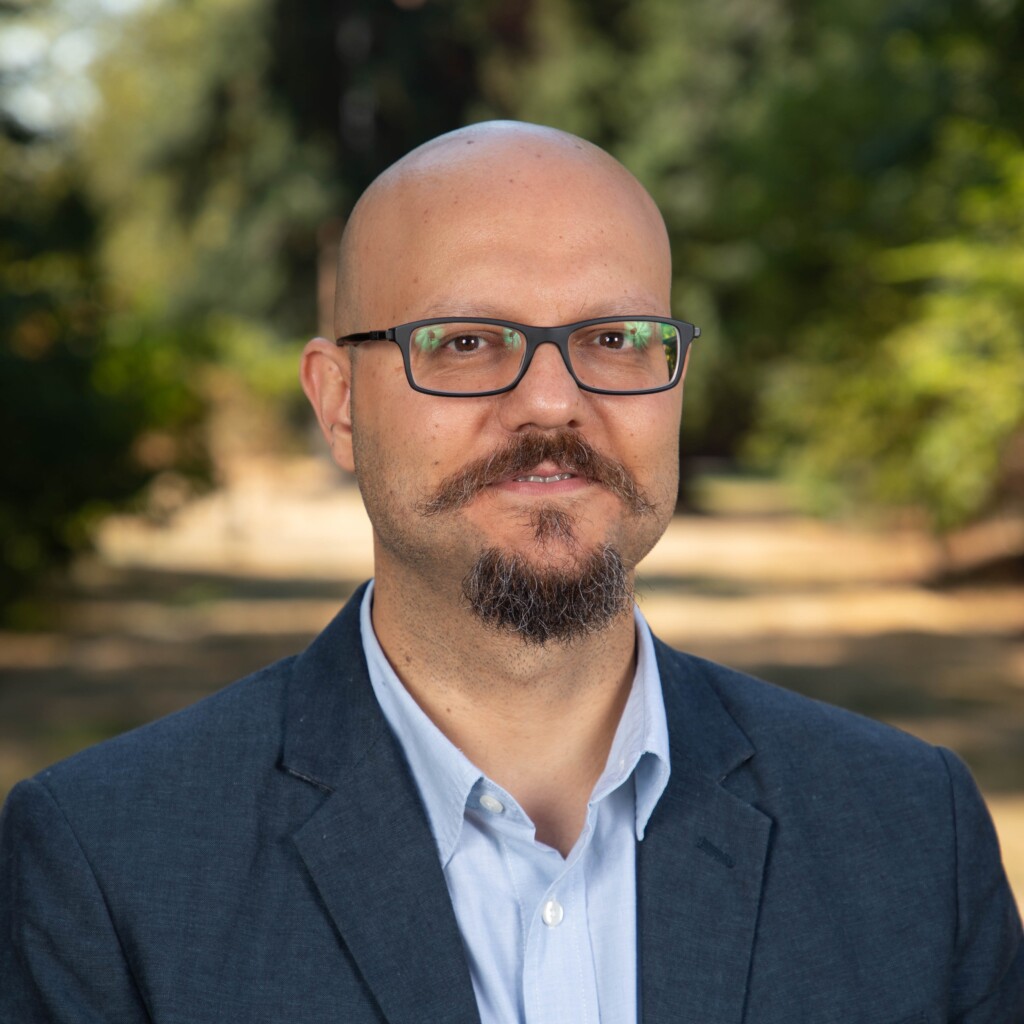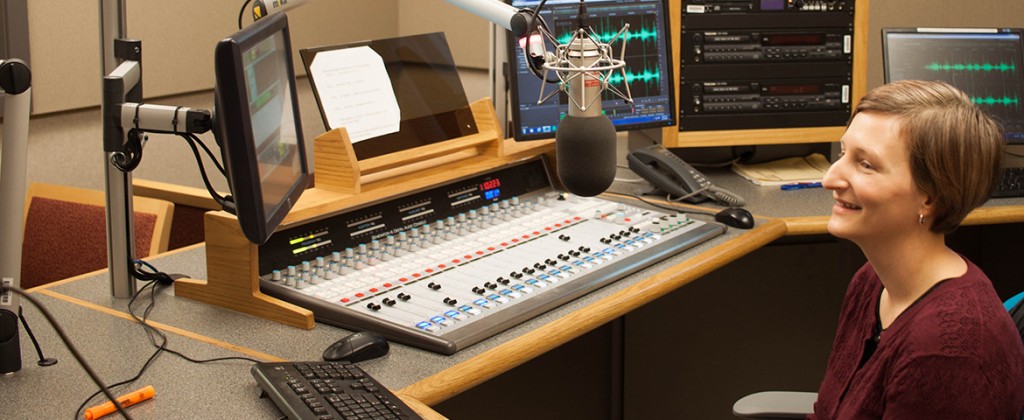Page 106 • (3,541 results in 0.037 seconds)
-
is established in memory of Nathan Schoening, for the strength, love and care he provided his family and for his commitment to the PLU community. Please join me in thanking Nate’s parents, Chris and David, both PLU graduates of 1968, who are here tonight and in honoring Nate’s legacy. Nursing Skills and Simulation Center In the 2018-19 academic year, we look forward to renovating the former Garfield Book Company to become state-of-the-art nursing skills and simulation labs, classrooms, faculty
-
STEM Education Learning ObjectivesLearning ObjectivesPLU students who complete the minor will: develop STEM content knowledge practice and develop their own teaching style and philosophy engage in critical reflection by considering issues from multiple perspectives cultivate respect for diverse cultures and ways of knowing, which will allow them to teach all students effectively using culturally sustaining pedagogy begin to recognize how culture, tradition, and training shapes our assumptions
-
Why Study History?The discipline of history focuses on critical analysis of text-based evidence from the past and seeks a detailed, complex understanding of individual and collective human behaviors as they have emerged, intersected, and altered over time. Historical study examines and attempts to explain processes of change over time as they pertain to cultures, nations, institutions, value systems, and other major social phenomena. Historians also consider and outline patterns of causation
-
The School of Nursing follows the PLU FERPA policy regarding access to educational records. According to the Family Educational Rights and Privacy Act (FERPA), all students must sign consent to release records in order for educational materials to be placed in student mail folders, be shared with clinical agencies, or used in letters of recommendation. During new student orientation, all students must sign a FERPA Release form in order to participate in clinical practicums that allow the School
-

is primarily interested in sociocultural, philosophical, ethical, ecological, and critical issues as they relate to the phenomena of consumption, marketing, and the market institution. Hence, his research integrates consumer behavior, consumer culture theory, sociology of consumption, cultural studies, critical marketing, poststructuralism, and macromarketing to generate theoretical, managerial, and social insights toward a healthy, fair, and sustainable future. More specifically, sub-areas of
-
Communicating Course Expectations Posted by: bodewedl / February 1, 2017 February 1, 2017 by Dana Bodewes, Instructional Designer The first weeks of a course are a critical time for establishing expectations. Teachers in K-12 education have long understood the value of classroom management; but in higher education, the topic is sometimes overlooked. Whether your teaching style is structured or laid-back, almost all students benefit from receiving clear expectations from their instructor. The
-
, Sociology & Criminal Justice, and the Master of Fine Arts in Creative Writing. The Individualized Major and interdisciplinary programs including Chinese Studies, Gender, Sexuality & Race Studies, Global Studies, Holocaust & Genocide Studies, Native American & Indigenous Studies, and Publishing & Printing Arts minor also reside in the college. Programs in the College of Liberal Studies engage students in the critical study of human existence and social systems across diverse cultures, time periods, and
College of Liberal Studies253-536-5132Hauge Admin Building - Office 222 B Xavier Hall - Office 152, Suite 155 Tacoma, WA 98447 -

how interfaith work has given them tools for personal growth and how the Lutheran tradition has helped inform the work they do. Kara shares some of the ways in which PLU as a Lutheran institution provided her with an environment where she could both practice her faith in community with others while having the ability to learn from and with those who don’t necessarily share the same background as her. Receiving a liberal arts education at a Lutheran institution that values critical questioning has
-

Instruction (OSPI).Brown engages students in her classroom by centering each student’s rich experiences to encourage them to recognize the values in themselves. Brown says that “Fostering a safe environment for students to develop critical thinking skills and to have critical conversations” is fundamental to her approach. “I wanted to be the teacher that I needed growing up” Brown explains. An aspiring Power Ranger as a young child, Brown’s passion for saving the world led to dreams of a law career
-
choosing to be in the USA and at PLU today meant letting go of other people, schools, towns, cities and countries, no matter how strongly I was connected to them. Rebecca: Your 2013 dissertation on representations of the zombie as a figure of the intellectual impoverishment of Africa emphasizes the importance of critical thinking. How do you teach critical thinking to your students? Patrick: With students, we analyze representations of zombies across cultures. Focusing on the zombie leads to
Do you have any feedback for us? If so, feel free to use our Feedback Form.


